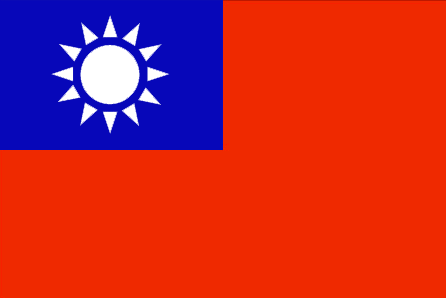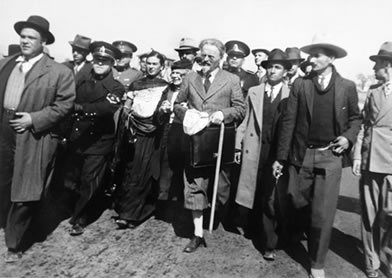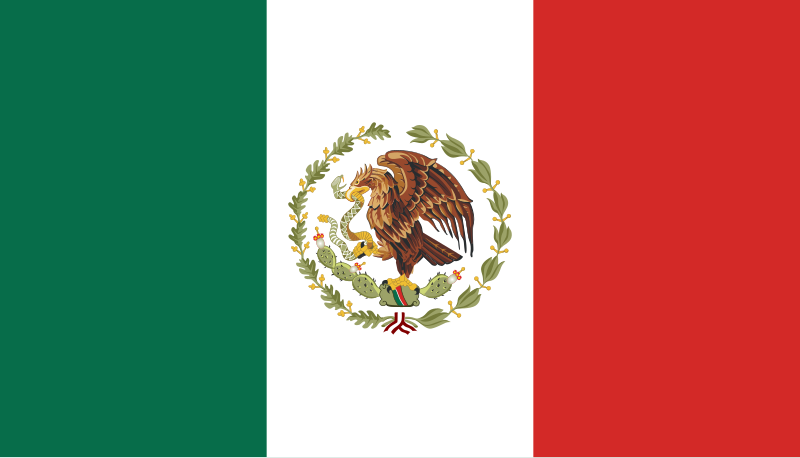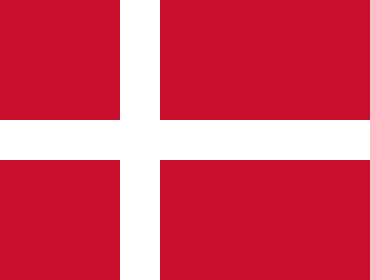1321AM, April 1st, 1938.
Lately, despite the stress that was oozing still from the reports from Germany, things had gone better than expected. Not only was there no declaration of war by the Soviets, or to the Soviets from Japan, he instead woke up to Princess Shigeko, aged 13, and Princess Kazuko, aged 9, trying to haul a cake into his bedroom on a tray.
He was rather confused by the gesture until he was told it was the 1st of April, and rather than pulling a prank they had decided to give a nice gesture to their father. Hirohito, in return, was so happy with them the story ended up being printed in the Tokyo morning papers.
He had been convinced to calm down by his generals, but it was only after being reminded that if they waited for the Soviets to attack Germany would distract them in the west. Though a new war plan had to be drafted, Horphito knew at least Japan would be prepared.
As well, he had also been convinced to not demand the Soviets remove their troops from the border, he realized they simply wouldn't and that could cause a war. He was tossing around the idea of a neutrality agreement, but it still remained a idea.
He was rather confused by the gesture until he was told it was the 1st of April, and rather than pulling a prank they had decided to give a nice gesture to their father. Hirohito, in return, was so happy with them the story ended up being printed in the Tokyo morning papers.
He had been convinced to calm down by his generals, but it was only after being reminded that if they waited for the Soviets to attack Germany would distract them in the west. Though a new war plan had to be drafted, Horphito knew at least Japan would be prepared.
As well, he had also been convinced to not demand the Soviets remove their troops from the border, he realized they simply wouldn't and that could cause a war. He was tossing around the idea of a neutrality agreement, but it still remained a idea.













